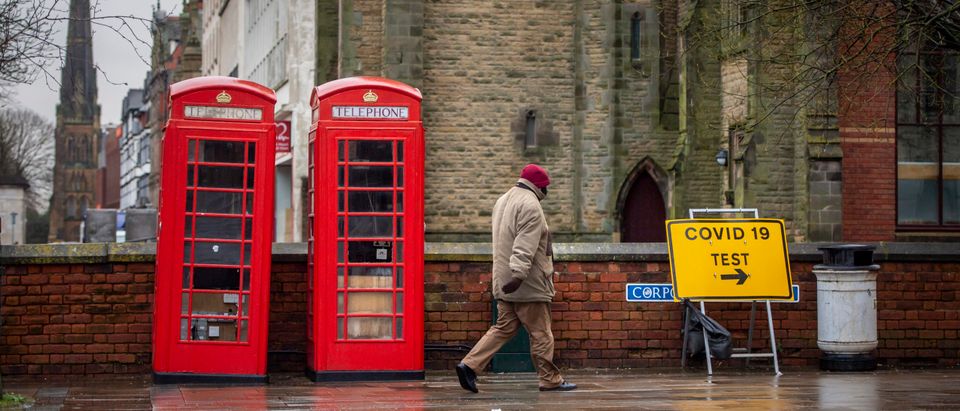The highly contagious coronavirus variant first discovered in Britain is mutating in a way that could hamper protections offered by COVID-19 vaccines.
Sharon Peacock, who heads COVID-19 Genomics UK, said that coronavirus mutations could potentially undermine vaccinations, even though they have been effective so far, Reuters reported.
“What’s concerning about this is that the 1.1.7 variant that we have had circulating for some weeks and months is beginning to mutate again and get new mutations which could affect the way that we handle the virus in terms of immunity and effectiveness of vaccines,” Peacock first told the BBC. “It’s concerning that the 1.1.7, which is more transmissible, which has swept the country, is now mutating to have this new mutation that could threaten vaccination.”
The mutation was designated as a “Variant of Concern,” by the UK’s New and Emerging Respiratory Virus Threats Advisory Group.
The UK coronavirus variant that has “swept the country” is “going to sweep the world in all probability” Sharon Peacock, director of the Covid-19 Genomics UK consortium, said on Wednesday. https://t.co/CaPMwQFABq
— CNN (@CNN) February 11, 2021
Patrick Vallance, chief scientific adviser in Britain, said the variant shared similar mutations as the variant found in South Africa. Vallance added that “it is not surprising,” Reuters reported.
“In getting that variant it does make it slightly more likely to look different to the immune system so we need to watch out for it, we need to measure it, we need to keep on top of it and need to keep testing the vaccine effects in this situation,” Vallance said.
The South African variant was first detected in the U.S. in January, when two cases were found in South Carolina. Neither of the people who tested positive for the variant had travelled to South Africa. Dr. Anthony Fauci has warned that even those who have already been infected with the original coronavirus can be infected again by the variant. (RELATED: First US Cases Of New Coronavirus Strain From South Africa Detected In South Carolina)
“It is certainly not the dominant strain [in the U.S.] but if it becomes dominant, the experience of our colleagues in South Africa indicates that even if you’ve been infected with the original virus, that there is a very high rate of re-infection to the point where previous infection does not seem to protect you against re-infection, at least with the South African variant,” Fauci told CNN on Feb. 1.


